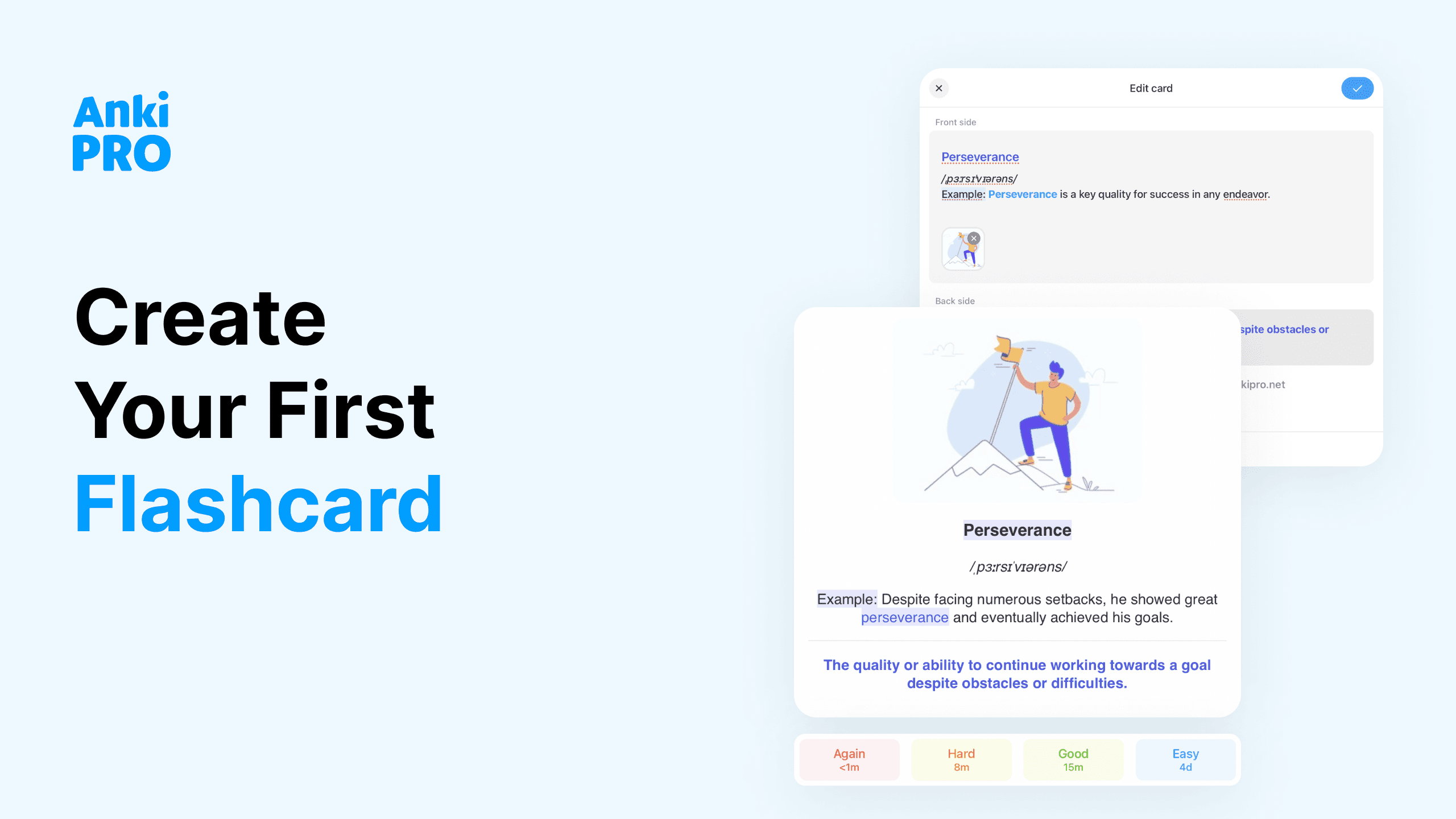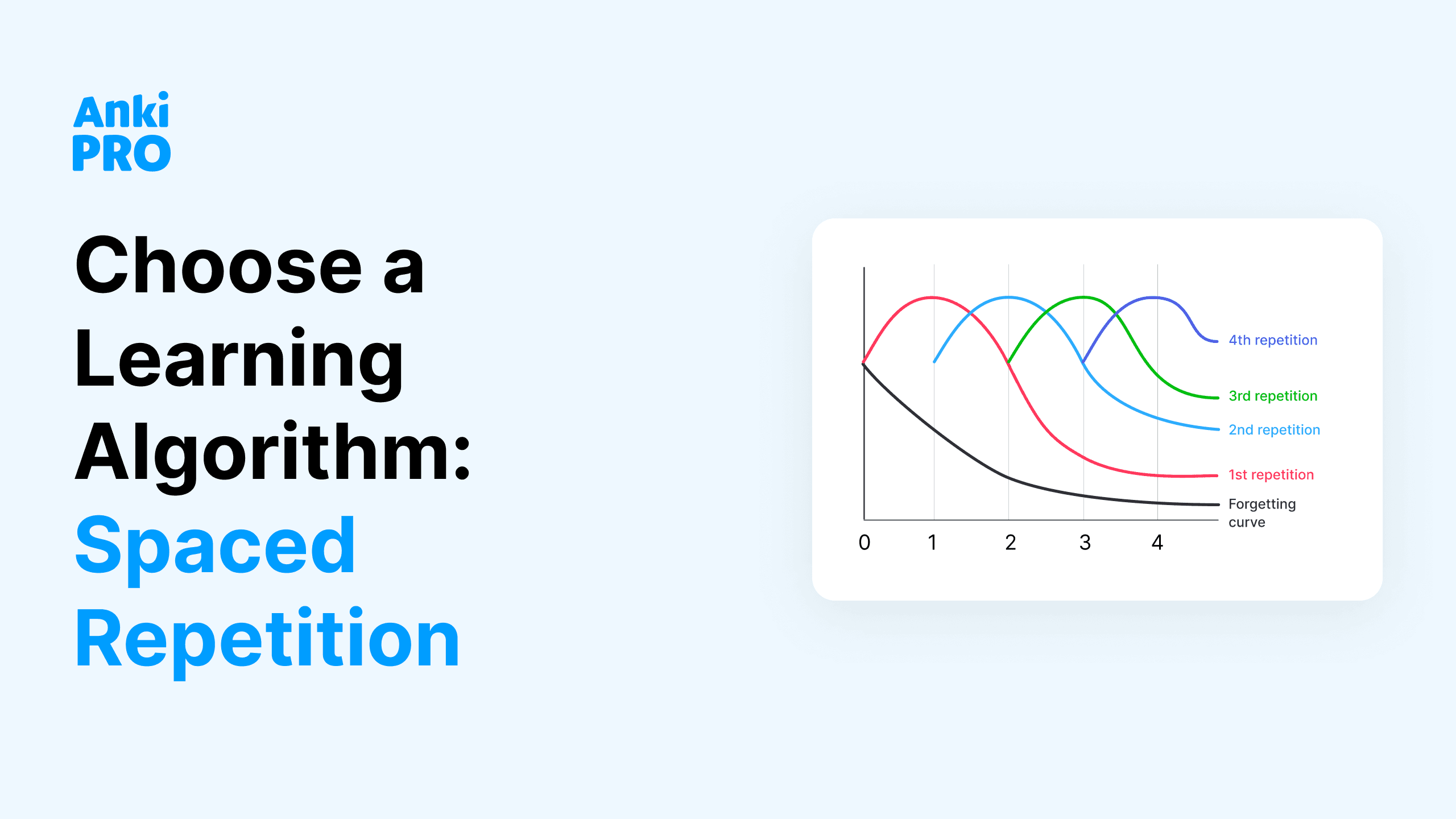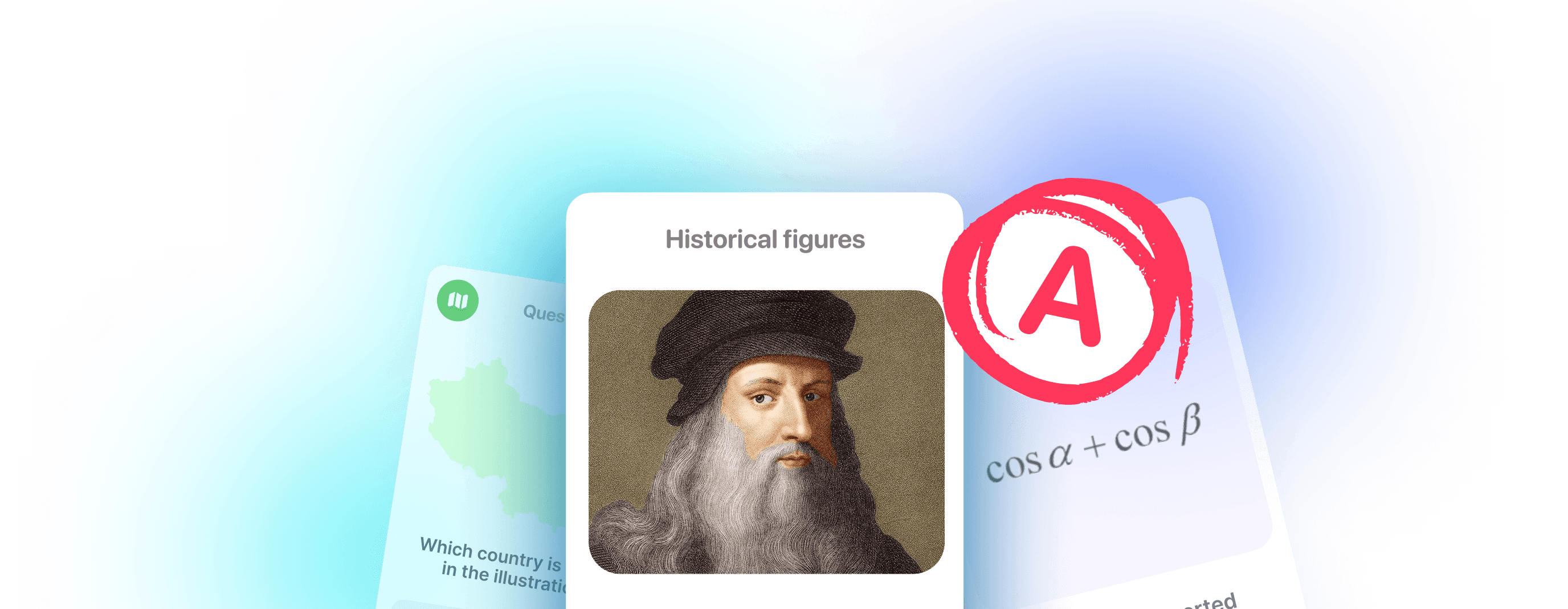If you are planning to pass GRE it means two things. Firstly, you really need it and are highly motivated to get your highest score (probably, applying for MBA?). Secondly, you are a grown-up busy person with a job or full-time studies. This guide will answer the question of how to study for the GRE effectively when you have limited time and other obligations in your life.
What Is GRE
The GRE (Graduate Record Examination) is a standardized test used for admission to graduate programs (master’s and doctoral degrees) and some business schools in the U.S. and other English-speaking countries. It is created to check future students‘ readiness for graduate-level academic work. GRE is required when applying for positions in different fields including engineering, social sciences, humanities, and more. The test will take 3 hours 45 minutes with breaks. Before going into how to study for the GRE test let’s clarify the structure.
GRE includes 3 parts:
1. Verbal Reasoning
- This section evaluates your ability to analyze and evaluate written material, understand the meanings of words, and draw conclusions from discussions.
- Key topics: Reading comprehension, text completion, and sentence equivalence.
2. Quantitative Reasoning
- This section tests your mathematical skills and your ability to solve problems using quantitative methods.
- Key topics: Arithmetic, algebra, geometry, and data analysis.
3. Analytical Writing
- This section measures your ability to articulate complex ideas clearly and effectively, support arguments with evidence, and examine claims and accompanying evidence.
- Tasks: Two essays – one analyzing an issue (Issue Task) and one analyzing an argument (Argument Task).
If you are thinking about how to study for the GRE, probably you have already passed a lot of exams during your undergraduate studies. But here are some details about the GRE test you need to know.

How to Understand What Score Do You Need
Each of the 3 sections gives you scores. Verbal Reasoning and Quantitative Reasoning give you scores between 130 and 170. Analytical Writing gives you points from 0 to 6.
You will receive separate balls for each section and percentile rank, which tell you how your scores compare to those of other test-takers. For example, a Verbal score of 160 might place you in the 85th percentile, meaning you scored better than 85% of test-takers.
Different programs and universities require different balls in each of the three sections. So if you are applying for philosophy, your rank in academic writing will be more important than in the Quantitative part. But it doesn’t mean that you don’t have to study for other parts if you want to have good results.

Find Out Your Starting Point
To begin with the preparation and understand the amount of work that needs to be done, take a real full-length practice test to determine your baseline score. Without this initial score, you won’t know whether you’re 10 or 100 points away from your goal, which is essential for planning your study timeline.
You can find preparation tests on the GRE web-site for 39 euros. Unfortunately, you can’t do the test alone as you need a teacher to check your answers. He or she needs to be a professional one with a specialization in GRE, so you are sure that the results are correct.
Replicate real test conditions by taking the practice test in a quiet space, timing yourself, and avoiding breaks. If you’ll be taking the GRE at a test center, find a similar environment like a library. For the online GRE, take it to the same location and set it up as you’ll use on test day.
Don’t expect to get a high result on the first try. Your baseline score will guide you in creating a strategic, efficient study approach. From here, you can work toward mastering the content and create a strategy how to study for the GRE to reach your goal.

Create a Plan
A plan will help you understand how long to study for the GRE and stop you from procrastination.
An approximate time of preparation is several months but of course, it depends on your baseline score, study skills, and the amount of free time you have. How long do I need to study for the GRE is a hard question, but some sources say that many GRE students find that they need to study for 300 hours or more to earn a 330+ on the GRE.
PrepScholar provides this statistic for the number of hours you should expect to devote to studying to increase your scores:
- 5 points = 40 hours
- 10 points = 80 hours
- 20 points = 160 hours
- 30 points = 240 hours
You can use this data as some starting points to calculate your plan how long do you need to study for the GRE.
To create a plan you will need to analyze your test results and decide what are your strengths and weaknesses in terms of this exam.
What a lot of people do and what is a mistake is jumping from one textbook to another and practicing tons of tests without actually understanding the material and having systematic knowledge.
A lot of GRE students are people who already have a full-time job and busy schedules, so sparing time for studies is understandably hard for them. That is why planning is important — put times of studies for the GRE in the calendar. Otherwise, weeks will likely pass by without studies because you “don’t have time” (or, to be honest, you have not planned your time properly).
Choose Study Materials
Start with online materials from the official website of the test. Official GRE Mentor is a self-paced online course offering 640 real GRE test questions, skill-building resources to help you review key concepts, and a full-length, timed practice test.
There are a lot of other materials online including some popular websites with expensive courses, but there is no guarantee that they will be helpful for everyone.

Use Flashcards
The verbal reasoning part сhecks your English vocabulary as a real language exam but it is even trickier. One of the best ways to master it is to use flashcards. There are special pre-made decks that will help you master them.
One of these decks is GRE Vocabulary (improved by Adhocmaster)). Designed to help you learn terms, words describing complex objects, and other vocabulary you usually don’t use daily, it is a must in your preparations.

Another topic where flashcards can be useful is the quantitative reasoning part. This includes tasks in mathematics, geometry, and data analyses. During the exam, you are allowed to use a calculator, but to fulfill tasks you need formulas and knowledge of the principles of their works.
Use flashcards to memorize them! Use the premade deck GRE Math Formulas or some other deck on Anki Pro to practice formulas daily.
And, for sure, you can make flashcards yourself and adapt them to your needs and learning style.
Practice For the Writing Part
You will have two writing assignments: analyze the issue and analyze an argument. For each essay, you will have 30 minutes to work on.
How to prepare for it? Well, first of all, learn about the structure and criteria of grading for this particular assignment (you will find it on the GRE webpage). Study essay topics and examples of answers from other students. Try to write a lot of essays and train your writing to be clear, logical, and reach in vocabulary. For the argument task, learn to identify common logical fallacies like false cause, hasty generalizations, ad hominem, etc. Practice recognizing assumptions the author makes and think about what evidence would strengthen or weaken the argument
As we already mentioned, for working on this part of the exam you probably need additional help from a teacher or just someone to read your writing and give honest feedback.

Work on Your Mistakes
After your classes review your mistakes and think, about how you can improve the situation. Did you misinterpret the question?
Did you make a calculation error? Did you not know the content? Maybe you didn’t understand the topic from the beginning and just hoped that you could guess the answer. Go deep into understanding this issue and find a proper solution. Probably, you make the same type of mistake and working on it specifically will prevent doing this type of mistake in the future. And bring you plus ten scores on a real exam, who knows!
Don’t Burn Out
Advice to take of yourself during preparation for a hard exam is so banal that giving is already kind of vulgar. But unfortunately, sometimes banal bits of advice are necessary and, what is the worst, they work. Take breaks before you are so tired that can’t read. Drink a lot of water and don’t drink too much coffee. Sleep enough.
Always remember, that exam is only a part of your life and one step to your goal. GRE is an important exam, but if you don’t get enough score, you always can repass it. Yes, it will take more money and more time for preparation, but it is possible.
Anyway, best of luck!









